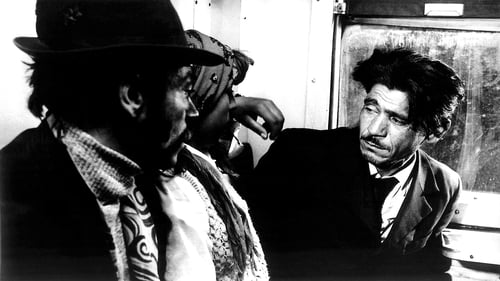
Conductor
The wealthy Argan ‘enjoys’ poor health. Even though his daughter is in love with another man, he wants to marry her off to a medical dunce who can secure a lifetime of medical care for his father-in-law. A fake death scene finally teaches Argan where to put his trust. Following the success of his previous works, this is the fourth opera by János Vajda to be staged at the Hungarian State Opera. Based on both Moliere's Le malade imaginaire and Mikhail Bulgakov's play about the French playwright, Vajda's new opera incorporates Moliere's life story, giving bass-baritone András Hábetler the rare opportunity to play the dual roles of Argan and Moliere.

Erdõõr
Balog Mihály, the Gypsy man from Szabolcs works in Budapest. That is where he is notified that his young wife died. Again he behaves differently from his fellow-men in the Koportos Gypsy settlement: he wants to give a beautiful, rich burial ceremony to his wife.

A nemzeti hadsereg tisztje
This film describes the narrator's childhood, the years before and after the Hungarian Soviet Republic, in a burlesque and fabulous style and with the humour of a child's fantasy.

The dramatically dense film takes place in workers' surrounding in the sixties. It raises the newspaper article serving as the basis for the short story to be a model: in a plastic factory fire breaks out causing enormous damages.

March 15, 1848; the revolution breaks out in the town of Pest. Yet at café Pilvax, in among he revolutionary youth, there is the informer of the imperial court as well. Hearing the news of the attack led by Jellasics, the inhabitants of the villages pour into the national army, and Hajdú Gyurka also escapes from his landlord. Petőfi is there at the camp of the revolutionaries, raising them to enthusiasm with his poetry.




